Trajenta
✅ Manages blood sugar levels
✅ Supports diabetes treatment
✅ Improves insulin function
✅ Once-daily dosing option
✅ Enhances glycemic control
Trajenta contains Linagliptin
Trajentamg Tablet is prescribed for managing type 2 diabetes mellitus. When combined with a balanced diet and physical activity, it helps regulate blood glucose levels, thereby reducing the risk of diabetes-related complications such as kidney impairment and vision loss.
This medication is typically recommended when lifestyle modifications or other antidiabetic drugs prove inadequate for glycemic control. It may be prescribed as monotherapy or in combination with other diabetes medications. The tablets can be taken regardless of meals.
Dosage is individualized based on your medical condition and blood glucose readings. Strict adherence to your physician’s instructions is crucial. Continue treatment unless directed otherwise by your doctor. Maintaining the prescribed diet and exercise regimen is essential, as lifestyle factors significantly impact diabetes management.
The most frequently reported adverse effect is hypoglycemia. Patients should learn to recognize low blood sugar symptoms (including dizziness, sweating, lightheadedness, fainting, and dry mouth) and appropriate management strategies. Keeping glucose tablets or candy available is recommended. Some individuals may experience nasopharyngitis. Consult your healthcare provider if side effects persist or cause concern.
Prior to initiating treatment, disclose any history of renal impairment, cardiac conditions, or pancreatic disorders. Inform your physician about all concurrent medications as they may interact with Trajentamg.
Pregnant or nursing women should seek medical advice before use. Alcohol consumption should be limited due to increased hypoglycemia risk. Regular monitoring of renal function and blood glucose levels may be necessary to assess treatment efficacy.
THERAPEUTIC INDICATIONS
- Management of type 2 diabetes mellitus
THERAPEUTIC ADVANTAGES
For Type 2 Diabetes Mellitus
As a dipeptidyl peptidase-4 (DPP-4) inhibitor, Trajentamg Tablet enhances meal-stimulated insulin secretion while reducing excessive hepatic glucose production. This dual mechanism effectively lowers both fasting and postprandial glucose concentrations. The once-daily dosing regimen offers convenience, with a favorable tolerability profile.
Optimal glycemic control is fundamental in diabetes management, as it mitigates the progression of microvascular complications including nephropathy, retinopathy, and neuropathy. Additionally, maintaining target glucose levels may decrease cardiovascular risks. Consistent medication adherence, combined with lifestyle modifications, enables patients to maintain overall health and quality of life. Continue therapy as prescribed for sustained benefits.
ADVERSE EFFECTS
Frequently observed reactions
- Hypoglycemia
- Upper respiratory tract inflammation
ADMINISTRATION GUIDELINES
MECHANISM OF ACTION
| Strength | 5 mg |
|---|---|
| Quantity | 30 Tablet/s, 60 Tablet/s, 90 Tablet/s |
| Pharma Form | Tablet/s |
| Manufacturer | Boehringer Ingelheim |
| Treatment | Type 2 diabetes |
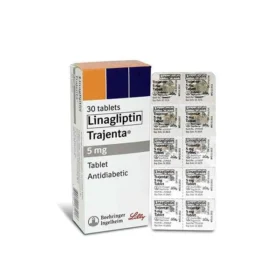 Trajenta
Trajenta















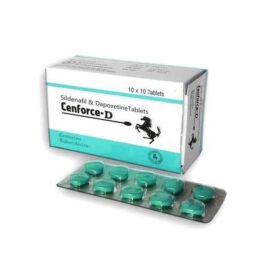



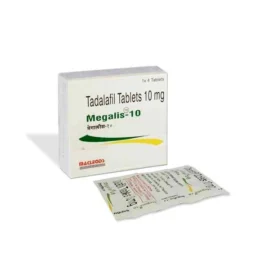
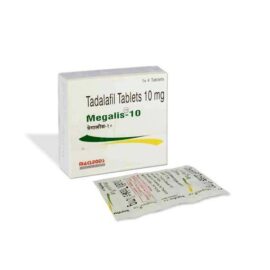










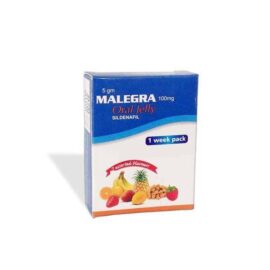



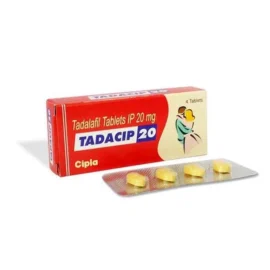
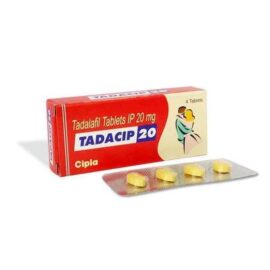
Reviews
There are no reviews yet